Video game movies: What’s the deal?
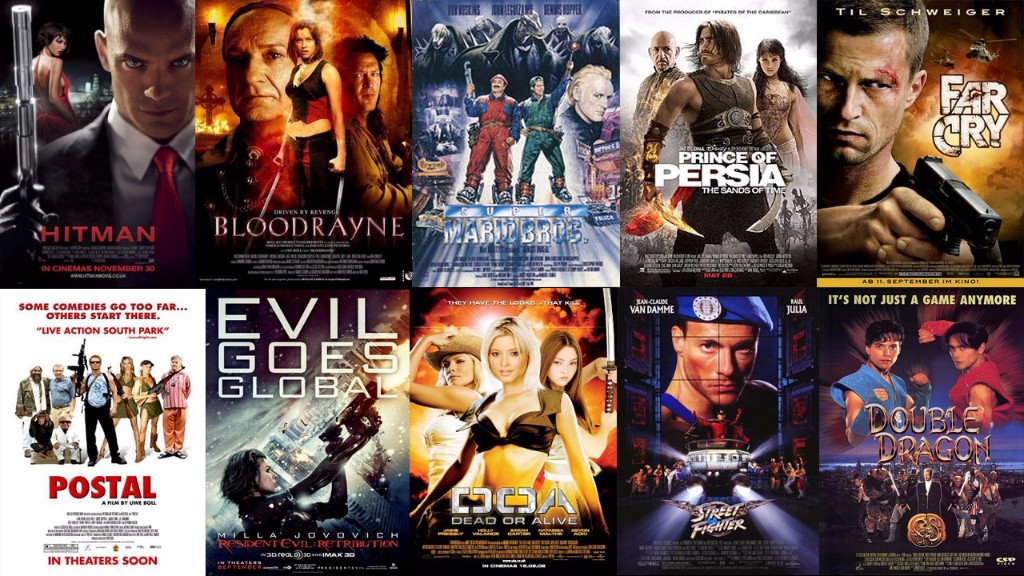
Video games have come a long way in their comparatively short history, originating in the realms of chess simulations and Space Invaders, and progressing to cinematic blockbuster-scale games like The Last of Us and BioShock. While they’ve come along in leaps and bounds, one thing so far has remained constant: their embarrassing cinematic adaptations. From the bizarre 1993 Super Mario Bros adaptation to last year’s Hitman: Agent 47, by and large video game movies are met with reviews that range from mediocre, to downright embarrassing, and no amount of money or big-name stars seem to make a difference. So far, they’ve been few and far between but this year, starting with Rachet and Clank and Angry Birds, we’re slated for four video game movies, with more on the way.
Warcraft, set to be released at the end of the month, seemed initially promising but response from fans of the franchise has been lukewarm at best and the Assassins Creed film dropping in December has been met with similar raised eyebrows. Next year promises an Uncharted film and a reboot of the Tomb Raider franchise; films based on vintage blaster Asteroids and indie hit of yesteryear Five Nights at Freddy’s are apparently still in the works.
There’s clearly an audience here, and there’s no shortage or budget or talent so what, aside from studios playing rather fast and loose with the source material, is the problem? There’s the trouble of time constraints – it would be impossible to squeeze every little detail of BioShock into a two-hour film, for example. But the trouble here seems to be that no one in the film industry seems to have grasped exactly what it is that makes video games so appealing: for most players, it’s not the story – first person shooters and platformers (two of the more popular genres) are almost entirely plot-free. The story is not the only thing that drives player’s decisions when it comes to which games they play, it’s the mechanics. It’s the involvement.
When it really comes down to it, most video games have fairly weak storylines, built around mechanics and relying on the player’s involvement to add narrative depth. Video games offer a chance for the player to grow and learn new skills along with their character. Watching Lara Croft or Nathan Drake discover a treasure or solve a tricky puzzle wouldn’t be nearly as satisfying as working it out for yourself. In fact, it’d be pretty boring.
There are, of course, games that revolve solely around the strength of their stories, but more often than not they rely just as heavily on player choices, offering several different paths through the game. Games like Heavy Rain and Life Is Strange have relatively little in the way of game-play and feel more like interactive movies than games at times, but both of these offer different endings depending on the players’ choices and interactions. Space opera RPG Mass Effect, that’s been stuck in production hell since 2012, would fall in to this pit and it’s likely that this is where Warcraft will run in to trouble.
These days, the bigger names in the film industry are reluctant to take risks. Entertainment is a business and businesses have to be profitable to stay afloat; video game movies have a tangible audience and despite their bleak reviews, they’re guaranteed to draw in a crowd. Coupled with an industry that seems more and more geared towards nostalgia than on building anything new, there’s one certainty: video game movies will keep coming, no matter how many two stars and 20 percent reviews they net. Warcraft director Duncan Jones and the team behind Assassin’s Creed are already eyeing up sequels. Whether they get them remains to be seen.
Natasha Furlong

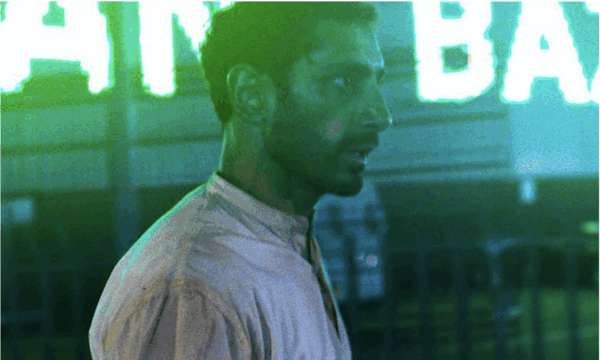

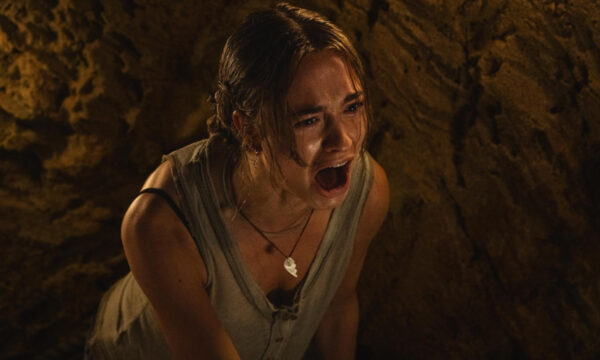

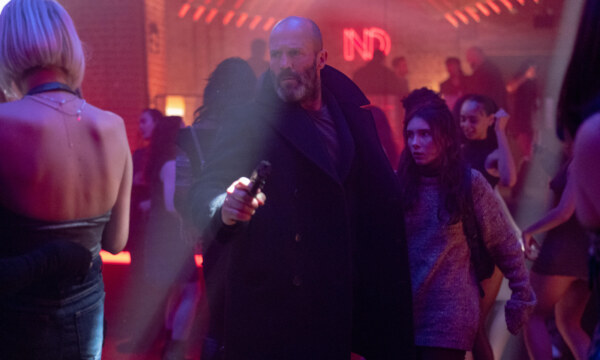
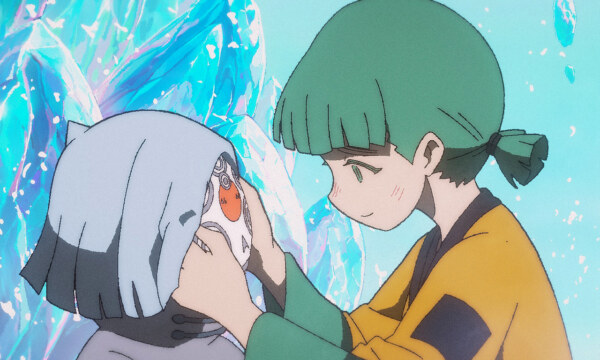
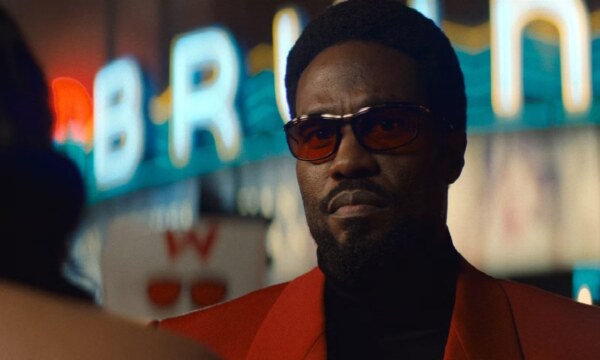






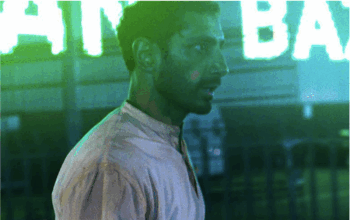










Facebook
Twitter
Instagram
YouTube
RSS